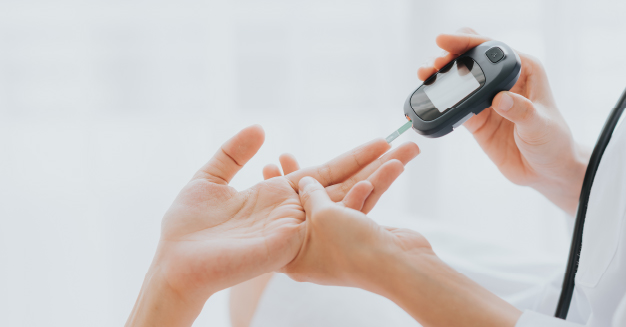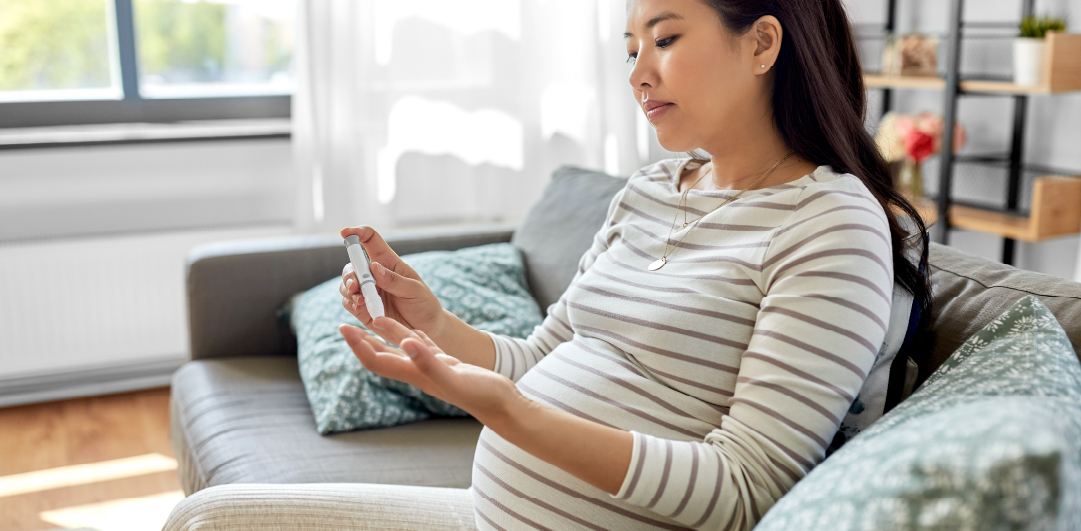Yet, the question of what to eat before a glucose test is a common source of confusion and concern for expectant mothers. In this comprehensive blog, we will provide essential guidance on what to eat before a glucose test, what foods to avoid, and how to ensure accurate results. Understanding this test, its purpose, and the right pre-test diet can ease the process and offer peace of mind.
Understanding the Glucose Test
Gestational diabetes is a form of diabetes that develops during pregnancy and can affect both the mother and the unborn child. To screen for this condition, healthcare providers use a two-step approach: the first step is called the glucose challenge test, and if the results are elevated, a follow-up test known as the glucose tolerance test is performed.
Who Needs It
While not all pregnant women will develop gestational diabetes, all expectant mothers should be screened for it. Your healthcare provider will determine the best time for you to take the test, which is typically between 24 and 28 weeks of pregnancy. However, if you have certain risk factors, such as a family history of diabetes or previous gestational diabetes, your doctor may recommend an earlier screening.
When and Why is It Performed
The glucose test is performed to identify gestational diabetes. If left untreated, gestational diabetes can lead to complications for both the mother and the baby. It can put the mother at high risk for high blood pressure and preeclampsia, while the baby may be at risk for excessive birth weight, which can lead to delivery complications and, later, obesity and type 2 diabetes.

Understanding the Process
Before delving into what to eat before a glucose test, it’s essential to understand how the test is conducted. There are two types of glucose tests or two stages of glucose testing:
The Glucose Challenge Test (GCT)
The initial oral glucose tolerance test is a simple one-hour screening. You’ll drink a sweet glucose solution, and a blood sample will be drawn an hour after drinking the solution to measure your blood sugar levels. No further testing is typically required if the results are within the normal range.
The Glucose Tolerance Test (GTT)
If the GCT results are elevated, your healthcare provider will recommend a more comprehensive glucose screening test. In this test, you will fast overnight and then have your blood drawn multiple times over a three-hour period after consuming a glucose solution.
What to Eat in Preparation for the Glucose Test
Proper preparation for the glucose test is vital to ensure accurate results. Eating the right foods before the test can help you avoid false positives and unnecessary worry. Here are some tips on what to eat before the glucose test:
Eat a Balanced Diet
In the days leading up to the test, aim for a well-balanced diet that includes a mix of carbohydrates, proteins, and healthy fats. Avoid extreme changes in what you eat or drink, as these can affect your blood sugar levels.
Avoid Sugary and High-Processed Foods
Steer clear of sugary snacks, sweets, and heavily processed foods in the days before the test. These can lead to spikes in blood sugar and potentially affect the test results.
Carefully Choose Your Carbohydrates
Opt for complex carbohydrates like whole grains, vegetables, and legumes. These foods release glucose more slowly into the bloodstream, helping to stabilize your blood sugar levels.
Introduce Fiber in Your Diet
Great foods to eat before a glucose test include fiber-rich items such as fruits, vegetables, and whole grains, which can help slow down the absorption of sugar, preventing sudden spikes in blood sugar.
Stay Hydrated
Drink plenty of water in the days leading up to the test. Proper hydration by taking sips of water throughout the day can help regulate blood sugar levels and ensure an accurate test.

Limit Caffeine Intake
While a cup of coffee in the morning is generally fine, excessive caffeine intake can affect your blood sugar. Try to keep your caffeine consumption in check.
Eat a Balanced Meal the Night Before
On the evening before the test, have a balanced dinner that includes lean protein, complex carbohydrates, and vegetables. This will help stabilize your blood sugar levels before the overnight fast.
Follow Fasting Guidelines
If your test requires fasting, make sure to abstain from eating or drinking (except for water) for the recommended duration, typically 8-14 hours before the test.
Communicate With Your Healthcare Provider
If you have specific dietary restrictions or concerns, discuss them with your healthcare provider well in advance of the test. They can provide guidance tailored to your individual needs.
Testing Services at OnPoint Labs
As you embark on your pregnancy journey, gestational diabetes screening is an important checkpoint for your health and the well-being of your baby. By comprehending the nuances of the glucose test, from its purpose and process to knowing what to eat before a glucose test, you can face this test with confidence and clarity and know how to manage your blood glucose levels. Remember that while a positive result may raise concerns, it’s not the end of the road; it’s the beginning of a journey towards managing your health effectively. Your healthcare provider is your best ally in this process, offering guidance and support every step of the way.
If you happen to be in Sugar Land or the Houston area and require lab testing services, look no further than OnPoint Labs. With our commitment to accuracy and patient care, we’re the place to go for all your lab testing needs. Together with your healthcare provider and the right preparations, you can ensure a smooth and successful gestational diabetes screening, setting the stage for a healthy and joyful pregnancy in preparation for meeting your little one.


